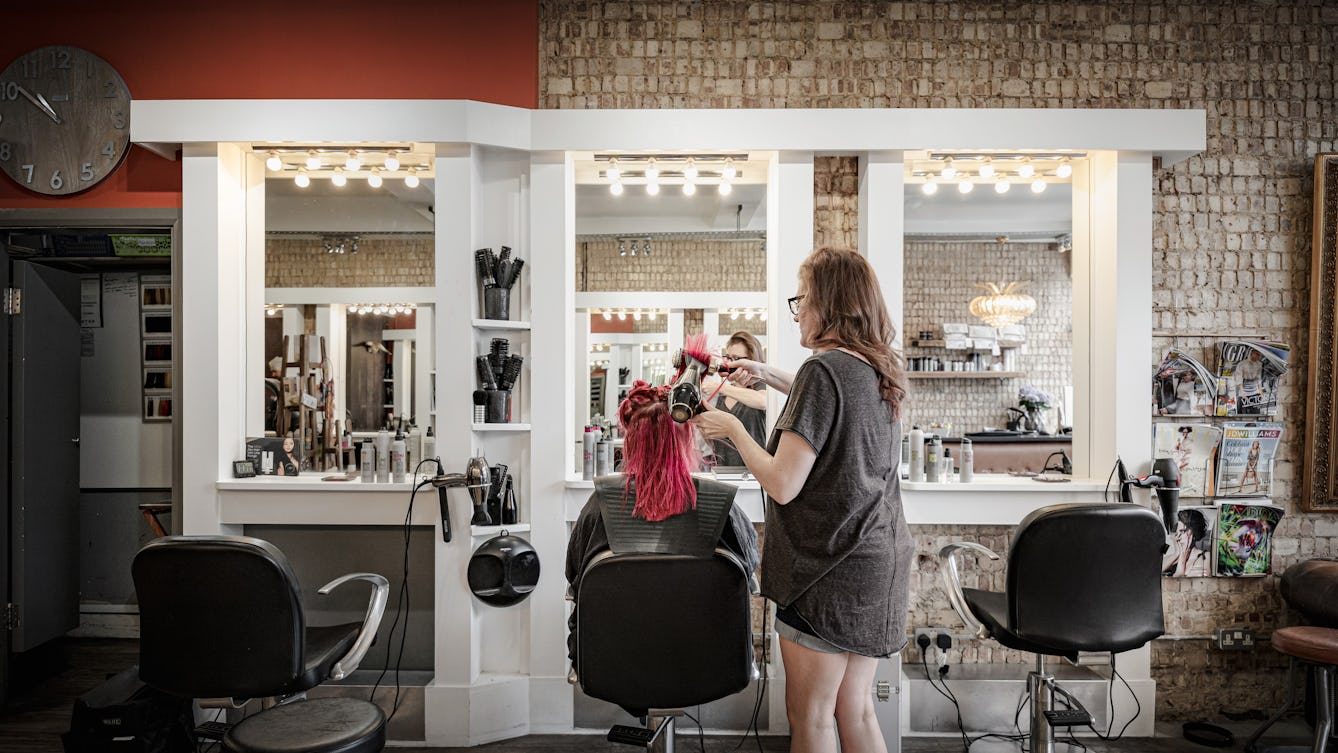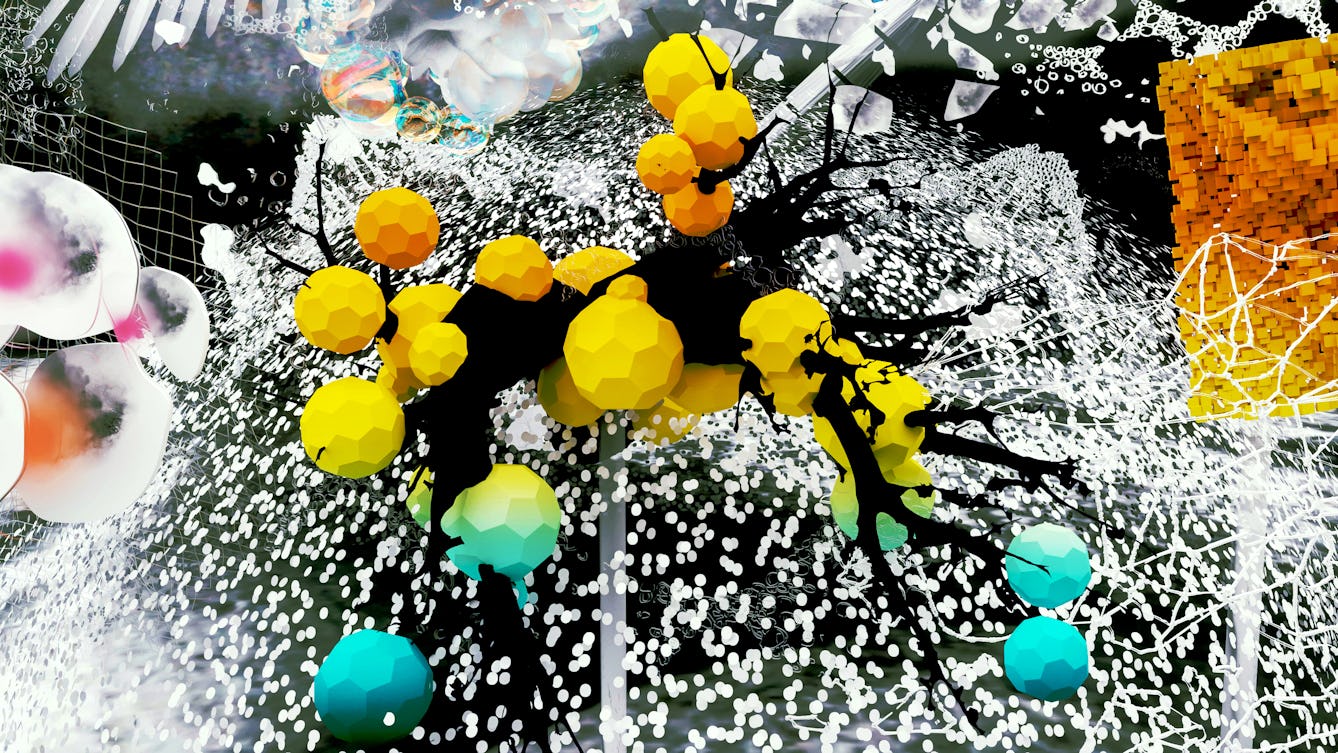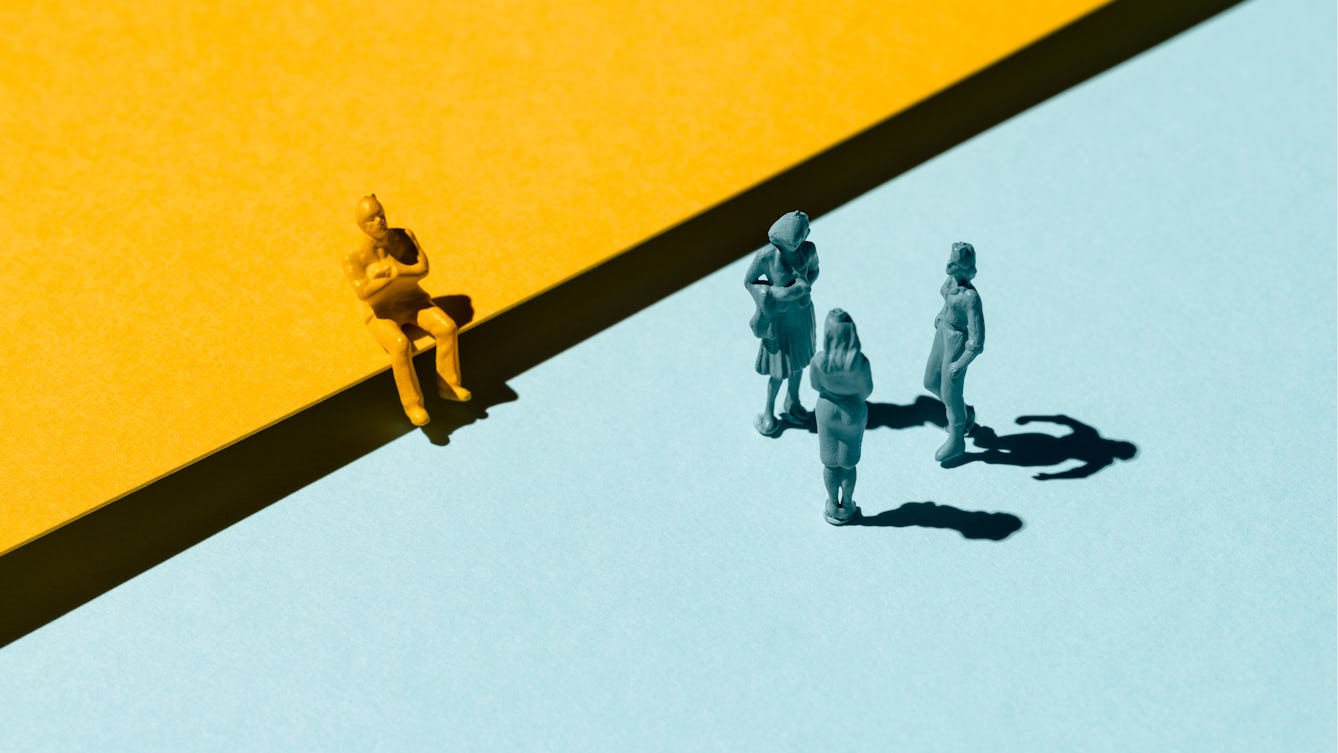
- Article
- Article
How your hairdresser could save your life
Barbers and hairdressers have a unique view of us – one that means they can spot potentially dangerous health problems. Find out how buzzcuts can lead to blood-pressure checks, and dip-dyes show the way to the dermatologist.

- Article
- Article
The building as tool of healing
When we’re ill, it’s not just medical care that helps to treat us. Architects have discovered that the right environment can play an important part too.

- Article
- Article
Silent threat
As Vanessa Peterson recovered from a frighteningly serious illness, she wondered whether it was linked to air quality. For many communities, she found, pollution is a political issue.

- Article
- Article
Why are women more willing donors than men?
Why is there a gender imbalance when it comes to the donation of organs, blood and tissue, and what can be done about it?

- Article
- Article
The metamorphosis of masturbation
Throughout history, medics and campaigners have tried to stamp out masturbation – but is modern science transforming its reputation?

- Article
- Article
Trading breastmilk with men
When Alev Scott advertised her milk for sale, she was inundated with messages from men keen to satisfy sexual fetishes. Here she finds out who they are, and why women sell to them.

- Article
- Article
Active pensioners, blooming gardens
To reach your 70s with over 300,000 Twitter followers or running a music festival is not the stereotypical image of retirement. But does this energetic engagement with life equal happiness?

- Article
- Article
The law of periodicity for menstruation
Dr Edward Clarke's Law of Periodicity claimed that females who were educated alongside their male peers were developing their minds at the expense of their reproductive organs.